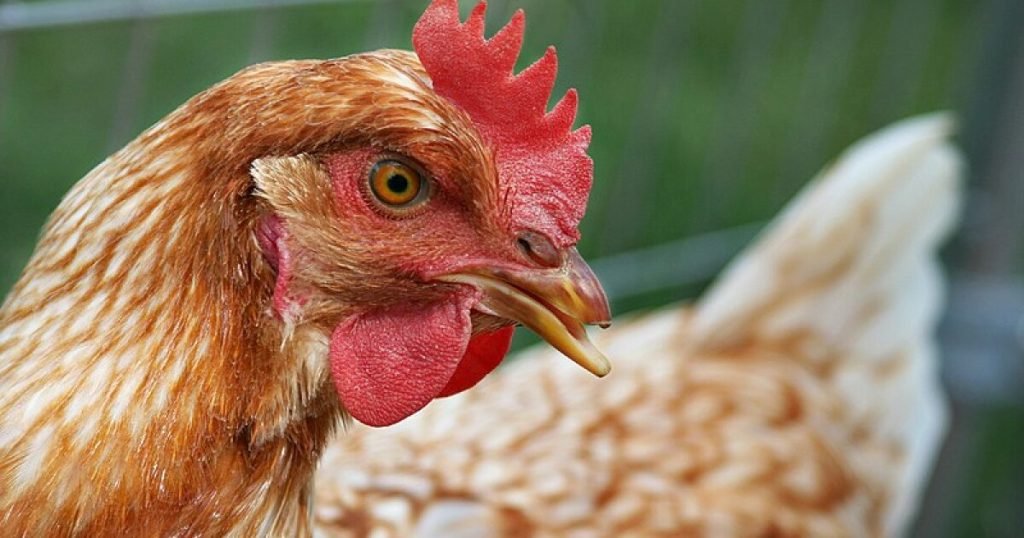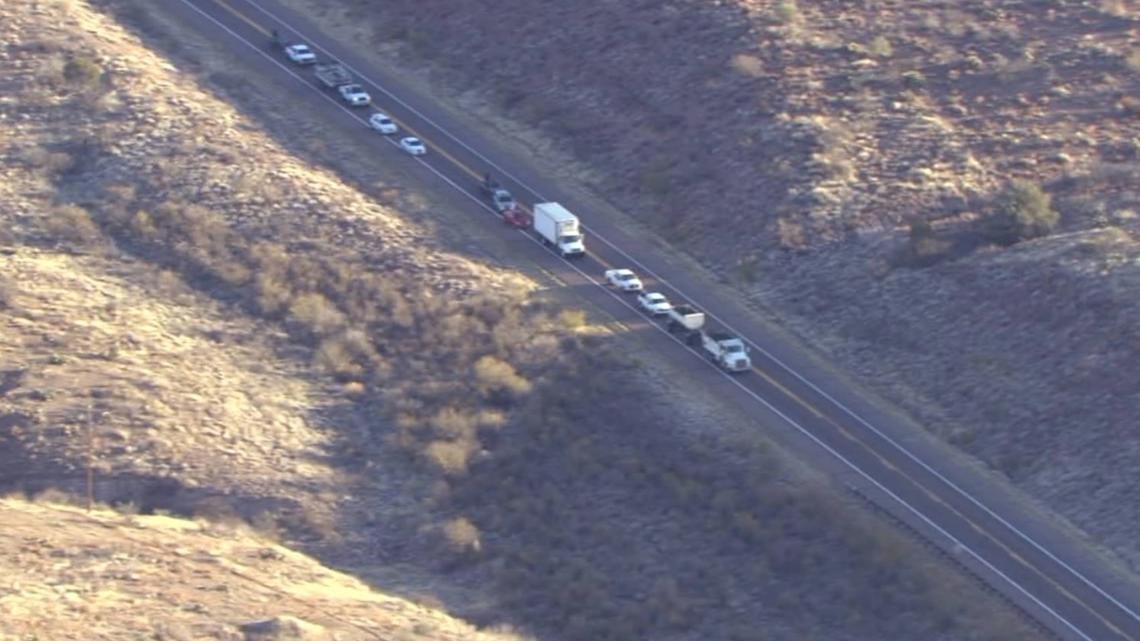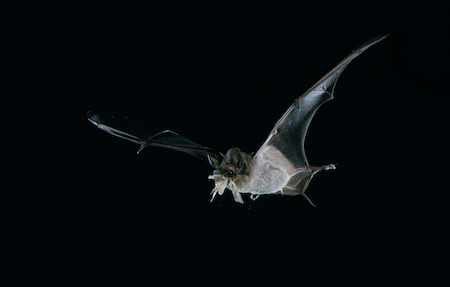Recently, cases of H5N1 avian influenza have increased nationwide, primarily among dairy and poultry workers.
Last month, Coconino County officials announced the virus had been detected in Flagstaff’s sewage.
No human cases have been traced in northern Arizona, but two cases were reported in the southern part of the state.
Local health officials are advising residents who raise chickens and ducks to pay special attention to the health of their flocks.
Joel Banis is the Outbreak Response Division Manager for the Coconino County Health and Human Services Department.
He points to data from the Centers for Disease Control and Prevention that shows the risk of infection is fairly low.
But he says those who keep poultry can take some simple precautions to reduce the risk.
“They may not show signs or symptoms, but when you handle their feces and saliva, [or] Because you’ll be around them and the dust they produce, wear safety glasses, a mask, goggles, and gloves when cleaning coups or caring for them. Just take some extra precautions and everything should be fine,” says Bunis.
The Arizona Department of Agriculture advises to watch for common symptoms such as sluggishness, sneezing, and sudden death of members of your herd.
Ultimately, Bunis said, handwashing is one of the simplest and most effective ways to stop the spread of disease.
















